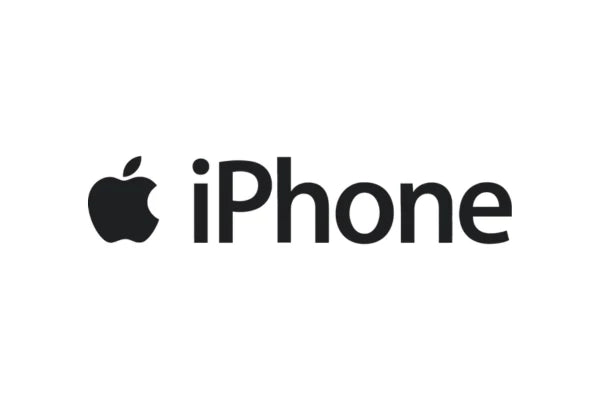
The Impact of Technology on Modern Education
Share
Technology has revolutionized the education landscape, transforming the way students learn and teachers teach. From interactive learning platforms to artificial intelligence-powered tools, technology is playing an increasingly important role in shaping the future of education.
Key Impacts of Technology in Education:
- Personalized Learning: Technology enables personalized learning experiences by adapting to individual student needs and learning styles. Online learning platforms, adaptive learning software, and AI-powered tutors can provide personalized feedback and support to students.
- Enhanced Access to Education: Technology can bridge the gap in access to quality education by providing students in remote areas with access to online courses, educational resources, and virtual classrooms.
- Improved Communication and Collaboration: Technology facilitates communication and collaboration among students, teachers, and parents. Online platforms and communication tools enable seamless information sharing, collaborative projects, and remote learning opportunities.
- Development of 21st-Century Skills: Technology equips students with essential 21st-century skills such as critical thinking, problem-solving, creativity, and digital literacy.
Challenges and Considerations:
- Digital Divide: Unequal access to technology and internet connectivity can exacerbate existing educational inequalities.
- Distractions and Misuse: The use of technology in the classroom can be disruptive if not properly managed. Students may be distracted by social media, games, or other online content.
- Data Privacy and Security: Protecting student data privacy and ensuring the security of online learning platforms are critical concerns.
- Teacher Training: Teachers need adequate training and support to effectively integrate technology into their teaching practices.
The Future of Technology in Education:
- Artificial Intelligence (AI): AI-powered tools can personalize learning experiences, automate administrative tasks, and provide teachers with valuable insights into student learning.
- Virtual and Augmented Reality (VR/AR): Immersive technologies like VR and AR can create engaging and interactive learning experiences, bringing abstract concepts to life.
- Blockchain Technology: Blockchain can be used to secure student records, verify credentials, and improve the transparency and efficiency of educational systems.
Technology has the potential to revolutionize education and create more equitable and engaging learning experiences for all students. By addressing the challenges and leveraging the opportunities offered by technology, we can create a brighter future for education.



